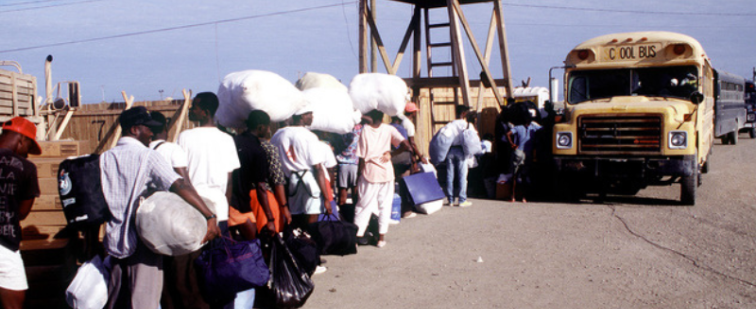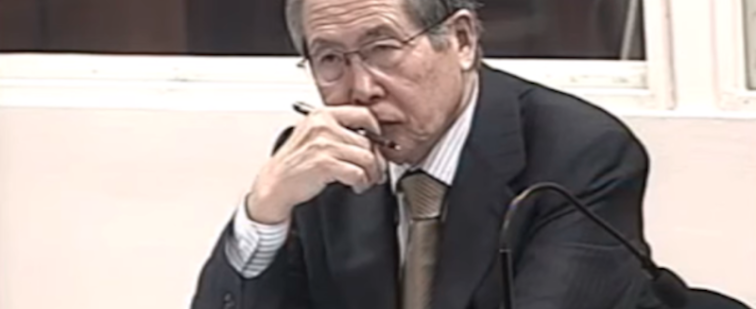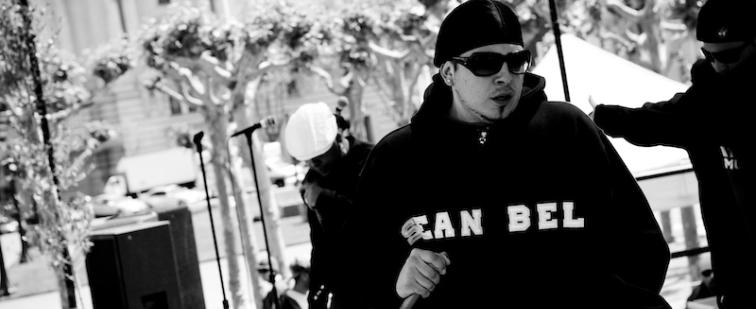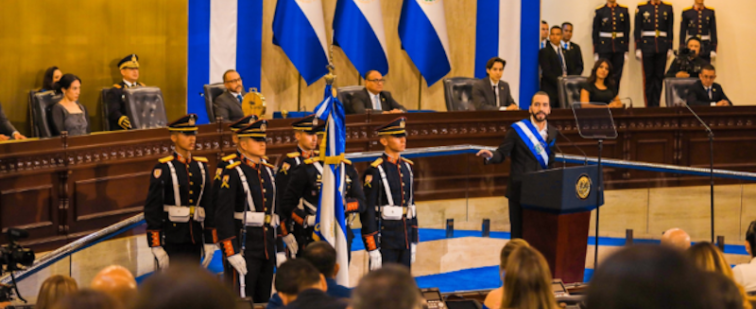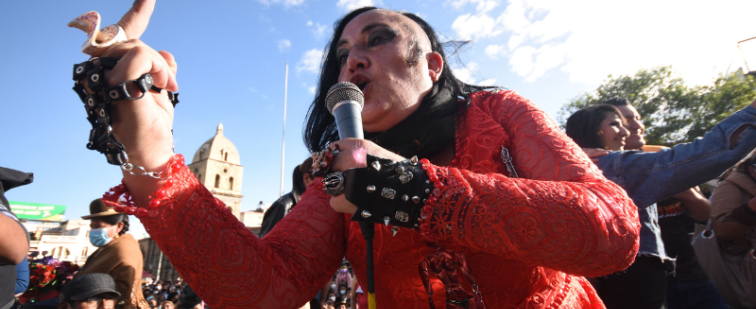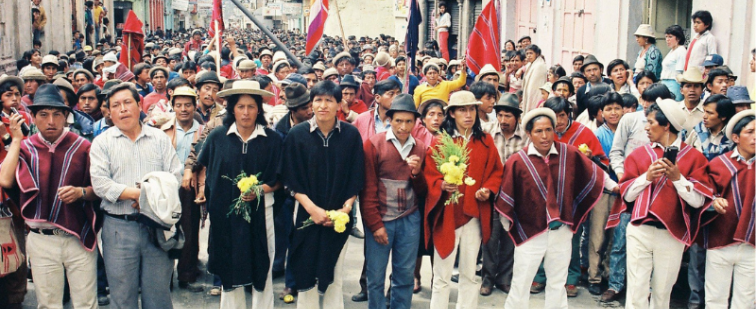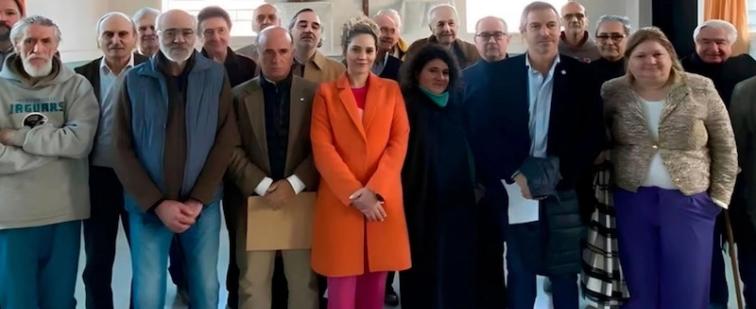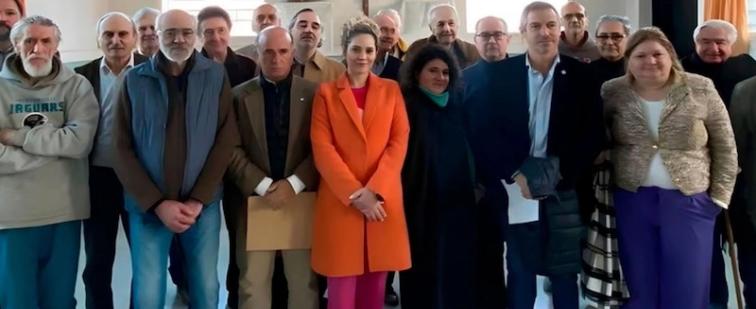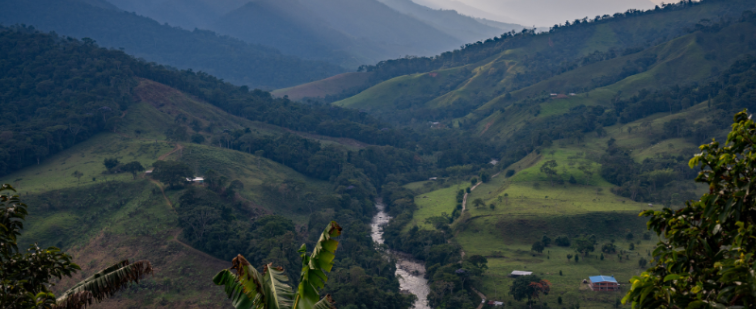Home
Editor's Note: The international human rights case charging eight Guatemalan former military and police officials with genocide, state terrorism, torture and other crimes began February 4 in Madrid. Kate Doyle, a senior analyst at the National Security Archive and director of their Guatemala Project, attended the closed hearings as part of the investigative and legal team working on the Guatemalan Genocide Case. This is the first installment of her five-part series on the opening days of the case, in which witnesses gave harrowing testimony on a period known in Guatemala as the “Silent Holocaust.”
Now that much of Latin America has shifted to the left, Paraguay remains a key Washington ally. The country’s political landscape continues to be dominated by the Colorado Party, which has been in power for 61 years, the longest continuous rule of any political party in the world. This enormous political machine, much of it built and consolidated during the 35-year military dictatorship (1954–89) of General Alfredo Stroessner, still permeates every inch of Paraguayan society. Yet as the panorama of candidates for the April presidential election makes clear, a new right-wing faction is emerging within the party, pledging to cut the umbilical cord with the past.
Last July, two armed men in uniform identifying themselves as “Black Eagle” paramilitaries stopped a vehicle traveling to the small town of San José de Apartadó in northwest Colombia. They forced Dairo Torres from the car at gunpoint and told the driver to be on his way. Minutes later another car passed and discovered Torres’ lifeless body in the mud. He had been shot at close range.
El Salvador’s Attorney General last Friday requested that charges of “acts of terrorism” be dropped against 13 peaceful protesters arrested at a demonstration against water privatization last July in the town of Suchitoto . After more than six months of investigation into the events of July 2, 2007, the Salvadoran government was unable to substantiate its original terrorism accusations, which carried a potential sentence of up to 60 years in prison.
Urban peripheries in Third World countries have become war zones where states attempt to maintain order based on the establishment of a sort of "sanitary cordon" to keep the poor isolated from "normal" society.
Well-pressed white shirts covered the limbs of a few hundred bodies at the opposition march against Ecuadorian President Rafael Correa’s administration. I happened upon this march last month in north Quito’s Parque Carolina. The January 24 march was “in solidarity” with a much larger march of 130,000 in Guayaquil, Ecuador’s largest city, in support of that city’s Social Christian Party (PSC) mayor, Jaime Nebot. The Guayaquil mayor is quickly becoming the fractured opposition’s most likely national leader.
Since 1995, the World Trade Organization has vigorously facilitated the expansion of corporate control over global food production. In what David Harvey has called “the greatest period of dispossession” in history, millions of poor workers have been driven from their traditional lands into the world’s exploding cities and “rurban” ghettos, while poor governments’ power to protect their citizens from hunger has been severely limited.
Latin America has been the cutting edge of struggles worldwide against neoliberalism. Several alternatives to the dominant model of global capitalism appear to be emerging in the region. A new model of revolutionary struggle and popular transformation from below for the 21st century may be emerging, based on the Venezuelan experience, but more broadly, on mass popular struggles in Ecuador, Bolivia, and elsewhere.
Eight years of heroic efforts to punish the ringleaders of Latin America’s worst mass slaughter of the 20th century appeared to come to an anti-climactic end in the last days of 2007. Exonerated by Guatemala’s highest court, two sickly men detained on charges relating to genocide of the country’s Mayan people were discharged from their private military hospital just in time for Christmas.
Barack Obama had a few choice words for Bill and Hillary Clinton after the South Carolina primary, about people who would "say anything and do anything to win an election." Imagine if the U.S media had reported his remarks without ever reporting what the candidate was responding to. (He was reacting to former president Bill Clinton's comparison -- widely seen as racial politicking -- of Obama's South Carolina victory to Jesse Jackson's in the 1980's; and Hillary Clinton's attack ads). It would not be considered acceptable journalism in the United States to omit these key facts. But in U.S. coverage of Latin America, the same standards do not apply.

